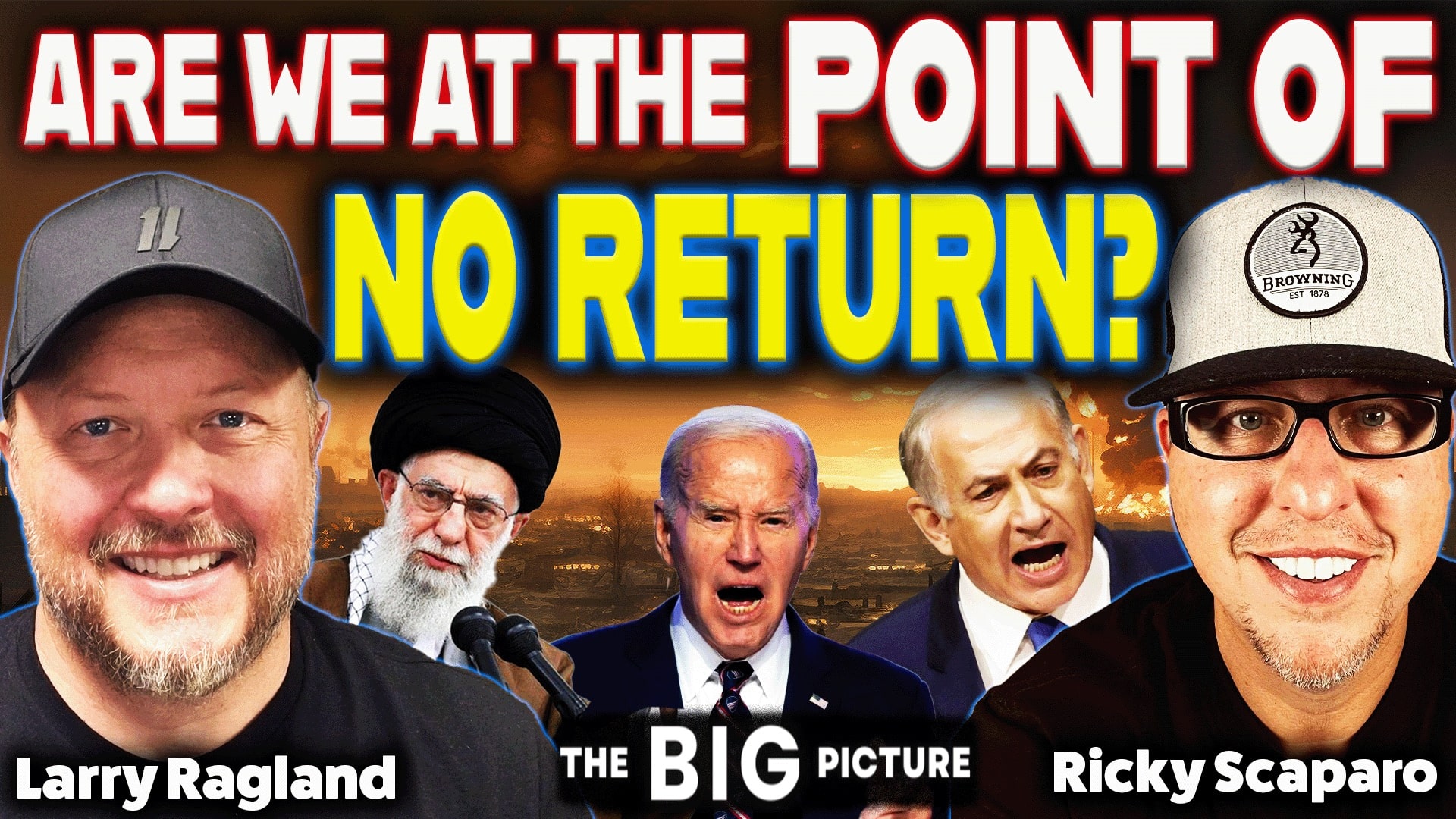(BBC) – The most recent clash between Israel and the Hezbollah militant group in Lebanon may or may not be over, but the signs still point to a potentially catastrophic conflict ahead. Both sides have an interest in halting operations for now. Neither wants a full-scale war. Much will depend upon the Hezbollah reaction to the ruse with which Israel tried to calm this current upsurge. It was Israel’s strike on Hezbollah’s power center – the Dahiya quarter of Beirut – that prompted this cross-border exchange. This was, in the vernacular loved by military analysts, seen as being in “contravention of the rules of the
game”. This was the first Israeli strike on the Lebanese capital since a war between Israel and Hezbollah in 2006. Indeed direct confrontations between Israeli and Hezbollah forces, in general, are relatively rare. Israel is believed to have targeted a piece of industrial machinery – essentially a large mixer – crucial for manufacturing the propellant for missiles and rockets. This is seen as part of what has been dubbed “the precision project”; an effort by Iran to improve the accuracy and range of existing missiles that it has supplied to its allies in the region, like Hezbollah. CONTINUE

















